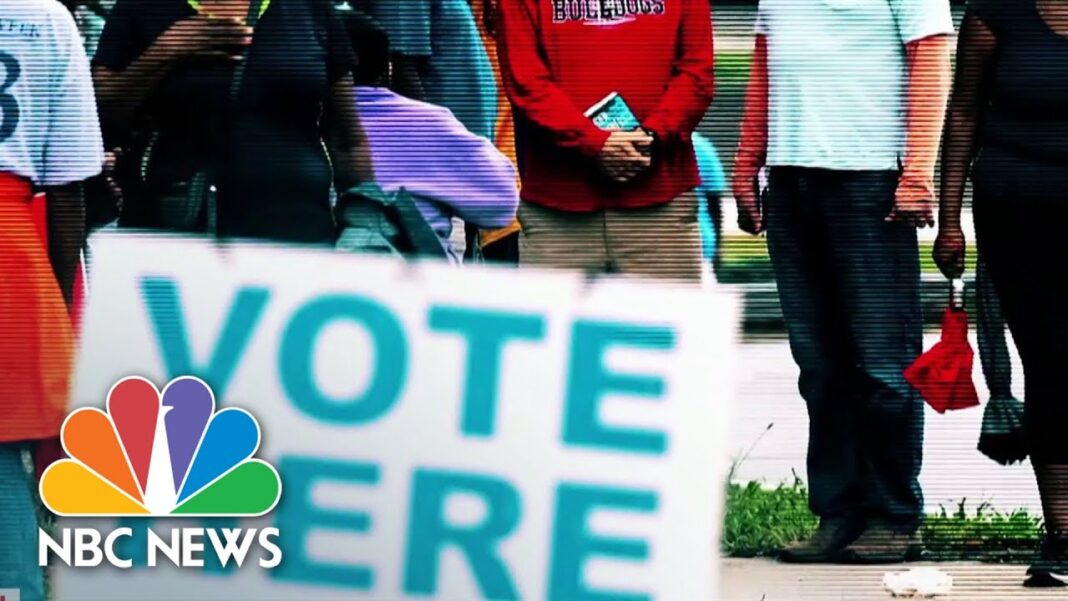
Federal judges in Georgia and Texas have struck down key provisions of voting laws passed two years ago as Republicans sought to bolster election integrity after allegations of fraud and other irregularities during the hotly contested 2020 presidential election fueled calls for elections to be made more secure.
In Texas, U.S. District Judge Xavier Rodriguez nixed a provision in state law that required officials to reject mail-in ballots with ID numbers that don’t match the ones on voter registration forms, according to a summary judgment issued on Aug. 17 (pdf).
The now-abolished provision required that mail-in ballots be rejected if they bear a different Texas driver’s license number or ID number of the voter than what was on their original application for voter registration.
Another provision in Texas law that Judge Rodriguez struck down was a requirement that a mail-in ballot can only be accepted if the ID number on the carrier envelope or signature sheet matches the number on the voter registration application.
The court ruled that the provisions, which were adopted in September 2021 as part of Texas Senate Bill 1, violated the Civil Rights Act of 1964.
The Justice Department characterized the restrictions contained in the now-voided provisions as “errors or omissions that are not material in determining whether voters are qualified” to vote or cast a mail ballot.
“The District Court’s decision affirms what the Justice Department has argued for nearly two years: these provisions of Texas Senate Bill 1 unlawfully restrict the ability of eligible Texas voters to vote by mail and to have that vote counted,” Attorney General Merrick Garland said in a statement.
‘Easier to Vote and Harder to Cheat’
The ruling originates from a lawsuit filed in 2021 by La Union Del Pueblo Entero against Texas Gov. Greg Abbott that challenges multiple provisions of Senate Bill 1, including the two that required voter ID numbers to match.
When Mr. Abbott signed the bill on Sept. 7, 2021, he hailed the measure as bolstering vote integrity amid persistent doubts about election security in the wake of the 2020 election.
By Tom Ozimek








